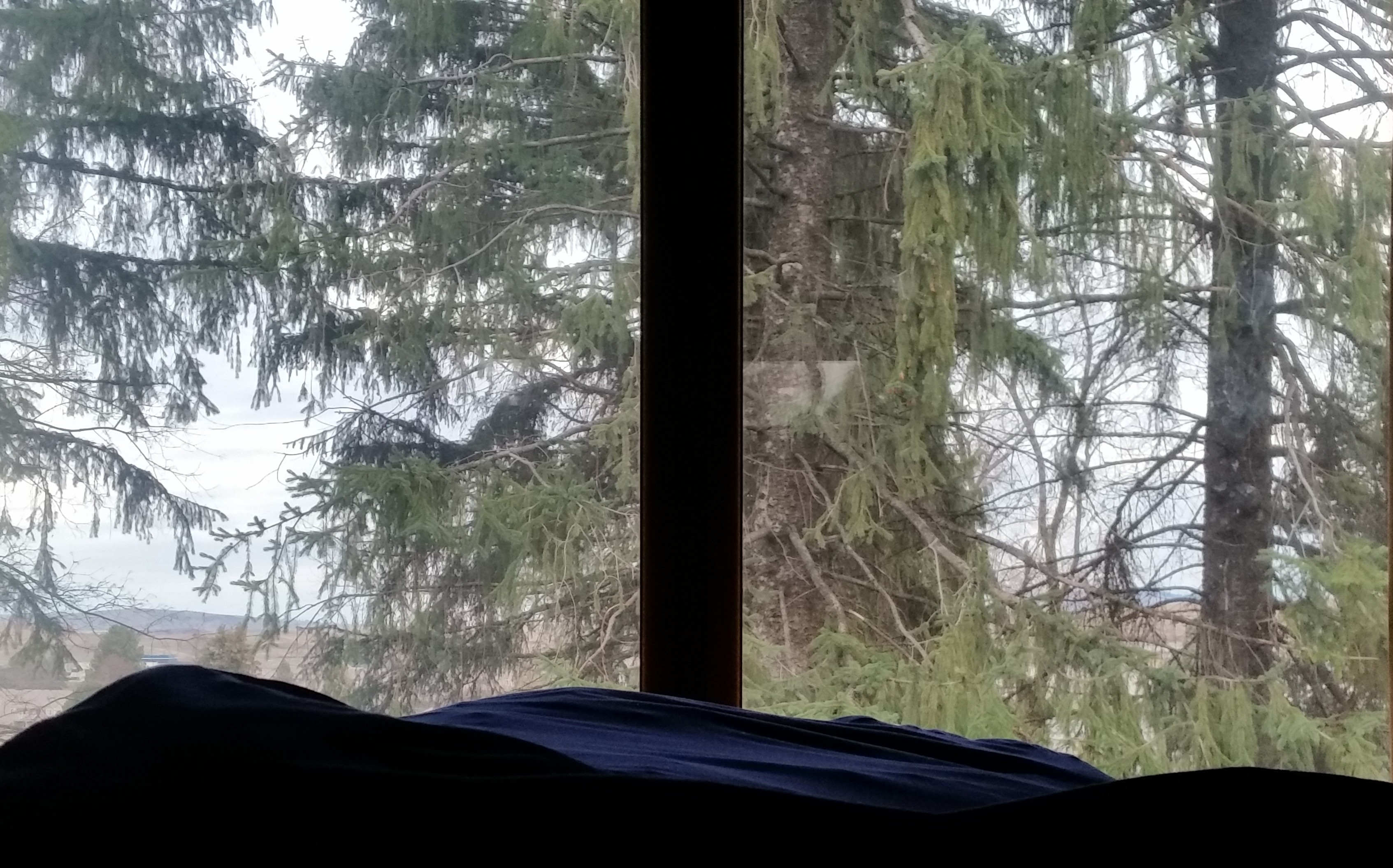Are the three things every researcher needs to achieve.
We’re always told to focus, as a verb, to pay particular attention to something. The steady march of improving technology always ensures a greater ability to focus in finer detail. Drill down to derive a more discerning definition. The epitome of our legalistic research milieu.
Your reward for being good at focusing is being doomed to just that. You’ll get more projects requiring more of your focus in more areas with more people. This fractioning of your time into smaller and smaller fractals of focus can’t be good. After enough fractioning, pretty soon your not focusing at all, you’ve shifted phases into something that looks, functions, and behaves entirely different from where you started.

Recent research is showing that multi-tasking causes irreversible damage to your brain, especially in men. In short, you end up a dopamine addict continually in search of quick fixes. No surprise, e-mail is the primary culprit and a 15-20 point IQ loss is typical. This falls into the same category as sitting while you work and will be one of those handful of things, like smoking, that we’ll look back on in 20 years and wonder what we were thinking (or not!).
Enter flow: (noun) a steady continuous stream of something. Also known as the zone in the positive psychology sense. For those unfamiliar with the concept, the flow wikipedia page has a great overview of key components. In short, flow is achieved when you are so intensely focused on a single experience that other needs become negligible. Attention for Prolonged Experiences (APE) is an analogous pedagogical descriptor.
Most of us have been there. Video games, a movie you’re really into, the morning run or exercise, etc. Few of us have cultivated the ability to flow with something actually positive for society, like our work and research. There-in lies the key to productive societies and communities. But we have an attitude that it’s magic, it happens only if we’re lucky and in the right place at the right time. Most things transition from magical to heuristic (process) to algorithmic. So it’s time we start transitioning from the magic of flow towards a process we can follow to help us flow with our work and research.
Think about your own personal life and when you reach flow. What are the commonalities of the situation? Many will say relaxation and reduction of stress is an essential first step, followed by a conditioned ritual of some kind. Yes our bodies can be conditioned to respond and we get better with practice, just like meditation. Here’s my process:
- Turn off any potential interruptions (phone, notifications, etc.)
- I go to the gym and exercise for 40 minutes or so until I forget about e-mail and everything else
- Go home, grab a healthy snack, and take a hot shower
- Sit myself down in my memory foam Fuf sofa in front of the windows (below)
- Put on Philip Glass’ Aguas da Amazonia, the lack of words, flowing, layered rhythms and tones as you traverse the Amazon river system are important.
- Stare at the Palouse wheat fields and trees.
- Flow.
Flourish: (verb) (of a person, animal, or other living organism) grow or develop in a healthy or vigorous way, especially as the result of a particularly favorable environment. (noun) a fanfare played by brass instruments.
🙂
